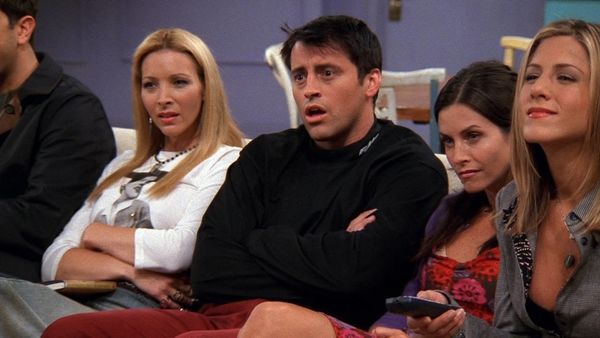Simply put, we should solve more crosswords. Whatever your view on them, these puzzles aren't just pastimes relegated to the back page of the newspaper anymore. With more and more papers making online versions of their crosswords, and major crossword kingpins like the New York Times making more accessible versions like the Mini, crosswords are making a resurgence. With the ubiquity of crosswords today, we should do all we can to start filling in more boxes and solving clues.
Crosswords have evolved from simple square kinds to complex, cryptic puzzles with all kinds of clues. The clues can range from straight definitions of answers, to abbreviations, to clues formed from letters from specific boxes. Indirect clues present a need for clever thinking and are always fun.
However, crosswords don't have to be thought of as tricky tests of knowledge. They range along all difficulties, and many versions are designed for beginners. The NY Times mini usually only has about 10 clues and is meant to be solved with ease. Of course, solving harder crosswords rewards skill and experience, and solving a lot of crosswords will definitely make you better. As you solve more, you learn the nuances of the types of clues and the strategies to solve them. Eventually, the clues start to repeat themselves and you can speed through the easier words.
Crosswords are enjoyable because they're low-key, fun assessments of our awareness. You really don't have to study anything specific to start solving crosswords. You just have to be paying attention. They draw on a wide range of subjects, from the words you learn, to the music you listen to, to what you learn in your basic US History class; as long as you are listening and remembering, you have enough to start solving crosswords. Yes, having a wide range of general knowledge will help you out when solving the harder ones, but if you are someone who has never solved a crossword, you are ready to start right now.
As you solve more and more crosswords, you also learn a lot. I've learned expressions I had never heard before and many other random facts. This knowledge may not be critical to my understanding, but knowing a lot about our world is great and rewards you with a keen sense of awareness and understanding.
Crosswords have medical benefits too! From a study at the University of California, Berkeley, researchers found that those who participated in more mentally stimulating activities, like reading, writing, and solving challenging puzzles, like crosswords, were less likely to have as much beta-amyloid buildup in the brain. Beta-amyloid is the protein that induces Alzheimer's disease in the brain. Solving crosswords might be able to stave off Alzheimer's until much later in life, or reduce its incidence entirely.
I've taken my love of solving crosswords to producing them. I've started helping make crosswords for my school newspaper, The Emory Wheel, and through it I've learned how making one is as much of a challenge as solving one. When you make a crossword, you have to chain the words so you always have legible answers, and finding words that work with the character constraints can get pretty tricky. Throw in themes, and it gets even harder. But, as with solving them, you get better as you make more. Eventually you get into the mindset of a crossword producer when you solve them, and it makes for an entirely different way of looking at the puzzles.
Crosswords are fun little way to get into problem solving. They can be low-effort, no-frills diversions from your usual routine, and besides the opportunities they present to learn more about our culture, they can be good for your health! With daily practice, you'll find yourself tackling the NY Times Saturday crossword in no time.



















